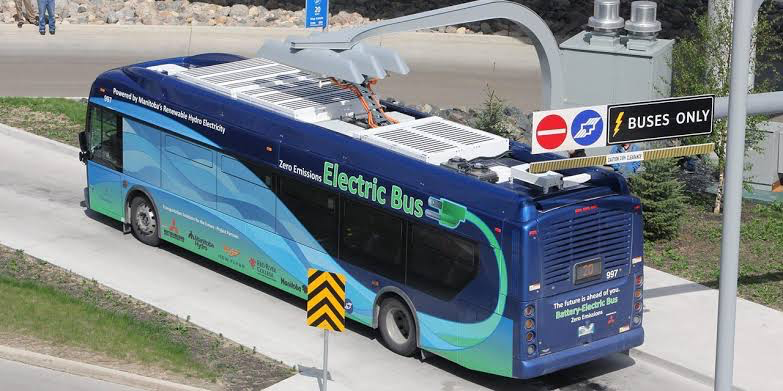Ghana plans to purchase 100 electric buses by the end of 2024, announced Vice President Mahamudu Bawumia. The government is working to transform the public transport system, moving away from fossil fuels toward renewable energy.
Speaking at a conference titled “Transitioning from Fossil Fuels to Electric Vehicles for a Cleaner Environment,” Bawumia urged the Ghana Private Road Transport Union (GPRTU) and other transport operators to collaborate with the government. He emphasized the crucial role of transport operators in national development, influencing economic growth, social cohesion, and overall quality of life.
Two major factors in transport costs are fuel and spare parts. Electric vehicles (EVs) address both issues as they don’t use fuel and require fewer spare parts, with batteries that last many years. The government plans to build hybrid (solar and conventional electricity) charging stations for these buses and other electric vehicles.
Bawumia assured the transport sector of the government’s support for development to ensure immediate benefits and long-term sustainable growth. He also mentioned the recently launched Tap n’ Go digital payment system for public transport, which will make banks more willing to lend to operators for acquiring electric vehicles.
The government aims to provide incentives for transport operators to renew their fleets with electric vehicles, offering efficient and comfortable public transport services to the general public. This initiative is part of a broader effort to infuse digitalization into the transport sector. Streamlined processes for driver’s license acquisition, vehicle registration, and insurance renewal are also underway.
Additionally, the government is set to roll out the Tap n’ Go ride-hailing system for taxis, designed to operate like other ride-hailing services but specifically for taxis. This move aims to address concerns from taxi drivers about decreased sales due to competition from services like Uber.
Recognizing the vital role of transport operators in the country’s development, Bawumia pledged the government’s commitment to creating a collaborative environment for their businesses. He emphasized the importance of ensuring public transport operators are not compromised in the digital economy.
The GPRTU, being the largest transport organization in Ghana, offers substantial employment to many Ghanaians. Bawumia expressed his hope that GPRTU will lead the sector’s transformation, pulling smaller unions along the path of reforms.
Source: ESI Africa



